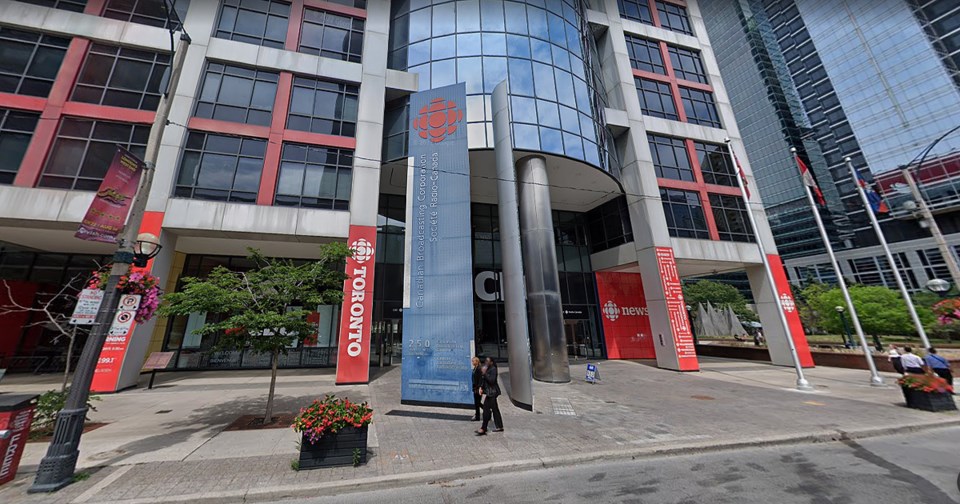The number of Canadian Broadcasting Corporation (CBC) employees earning six-figure salaries has skyrocketed by 231 per cent during Prime Minister Justin Trudeau’s tenure. According to access-to-information records obtained by the Canadian Taxpayers Federation (CTF), 1,450 CBC staff members took home more than $100,000 in base salary last year. This marks a significant increase from 2015 when only 438 employees earned six figures.
These high salaries at the public broadcaster cost taxpayers more than $181 million in 2023, with an average salary of $125,000 for those receiving six-figure pay. CTF Federal Director Franco Terrazzano criticized the trend: “The CBC has been raking in big paycheques and bonuses while the taxpayers footing the bills have been struggling. Is anyone in government going to step in, stick up for taxpayers, and put an end to the CBC gravy train?”
The CBC also handed out over $11.5 million in pay raises last year, impacting 87 per cent of its workforce. Not a single CBC employee faced a pay cut in 2023. Since 2015, raises at the CBC have totalled $97 million. Critics argue that these increases come at a time when many Canadians are grappling with inflation and rising costs of living, which adds fuel to the debate over the use of public funds.
Bonuses at the CBC have also come under scrutiny. The Canadian Press reported that, in 2024, the CBC paid out $18.4 million in bonuses, even after eliminating hundreds of jobs. This included $3.3 million in bonuses for 45 executives, averaging $73,000 each – more than the average annual salary of Canadian workers, according to Statistics Canada. Bonuses were also awarded to 631 managers ($10.4 million) and 518 other employees ($4.6 million). Since 2015, CBC bonuses have totalled $132 million. Combined with pay raises, CBC compensation has cost taxpayers more than $229 million since 2015.
“It’s time to end these taxpayer-funded bonuses and defund the CBC,” said Terrazzano. His call to action resonates with a growing number of Canadians who are questioning the broadcaster’s financial practices, particularly in light of its declining viewership.
Amidst this financial spending, the CBC News Network’s share of the national prime-time TV audience remains low. According to its latest third-quarter report, the network holds just a 2.1 per cent share of national prime-time viewers, meaning that 97.9 per cent of Canadians choose not to watch CBC’s English-language prime-time news programming. Despite this, the CBC describes its performance as a success, claiming it continues to “track above” its target of 1.7 per cent, attributing this to major news stories drawing larger audiences.
However, the CBC’s audience share has drastically declined over the years. In 2018, the network held a 7.6 per cent share of the national prime-time viewing audience, marking a 72 per cent drop in just six years. Critics argue that this steep decline should prompt a reassessment of how the broadcaster operates and whether taxpayer dollars are effectively utilized.
Despite these audience challenges, the CBC is set to receive over $1.4 billion in taxpayer funding for the 2024-25 fiscal year.
As questions about the CBC’s compensation practices and audience performance continue to mount, many are calling for a re-evaluation of the public broadcaster’s funding and operations. The issue has sparked discussions about the future role of the CBC in a rapidly changing media landscape, where competition from private broadcasters and digital platforms is fierce.
©
The commentaries offered on 麻豆视频.ca are intended to provide thought-provoking material for our readers. The opinions expressed are those of the authors. Contributors' articles or letters do not necessarily reflect the opinion of any 麻豆视频.ca staff.




